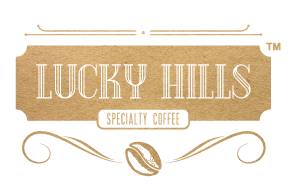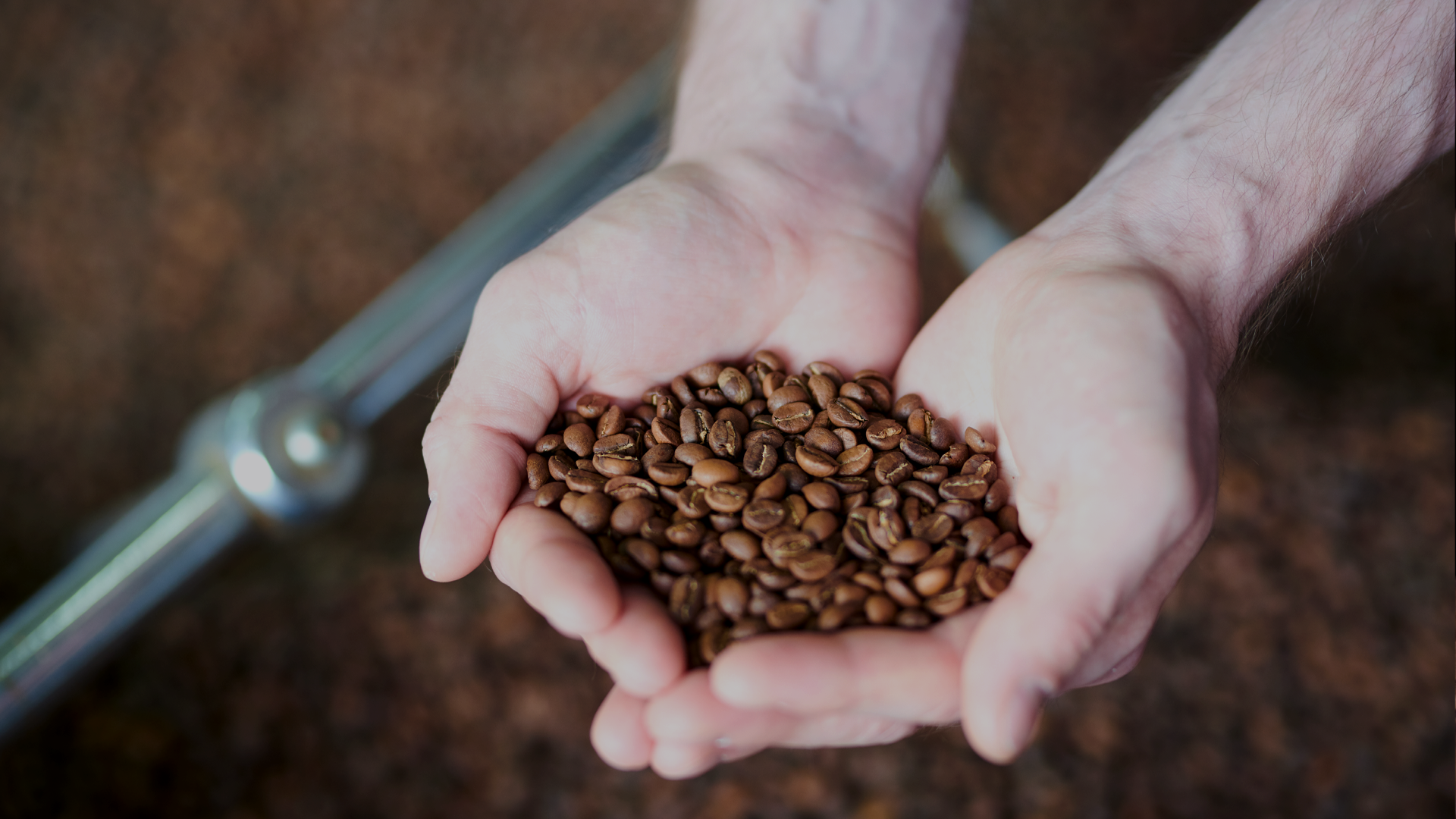Coffee lovers often hear the term “terroir” when discussing the flavors and unique characteristics of their favorite beverages. But what exactly is coffee terroir, and how does it shape the flavor profile of the coffee in your cup?
Understanding terroir can deepen your appreciation for the complexity and diversity of coffee flavors, offering insights into why coffees from different regions have distinctly unique tastes. Keep reading to learn more!
What Is Terroir in Coffee?
First, let’s explain what terroir is—a French concept that, in simple terms, refers to the combination of natural and cultural factors that influence the characteristics of an agricultural product, especially those that express the identity of a specific place.
In this context, coffee terroir, a term borrowed from the wine industry, refers to the environmental factors that influence the characteristics of coffee beans. These factors include climate, altitude, soil composition, and even the microclimate of the specific region where the coffee is grown. Just as wine connoisseurs celebrate the unique attributes of a Bordeaux or a Napa Valley wine, coffee enthusiasts recognize that terroir imparts distinctive flavors and aromas to single-origin coffee beans.
Climate and Weather
The climate of a coffee-growing region significantly affects the development of coffee beans. Factors such as temperature, rainfall, and humidity play crucial roles. For instance, coffee grown in regions with consistent rainfall and moderate temperatures tends to develop a well-balanced acidity. In contrast, beans grown in warmer and drier climates may produce a fuller, more intense flavor.
Altitude
Altitude is another critical component of coffee terroir. Higher altitudes typically mean cooler temperatures, which slow the maturation of coffee cherries. This slower maturation process allows the beans to develop more complex sugars, resulting in a richer flavor profile. An excellent example of this is Brazilian coffee grown in the southern Minas Gerais region, where Lucky Hills Coffee beans are cultivated. Known for its mountains and high altitudes, this region provides ideal conditions for producing high-quality 100% Arabica coffee.
Soil Composition
The soil composition where coffee is grown also influences its flavor. Rich, volcanic soils, like those found in parts of Central America, provide essential nutrients that contribute to the depth and complexity of coffee flavors. Minerals and organic matter in the soil interact with coffee plants, affecting everything from bean size to flavor profile.
Read Also:
What Are The Main Characteristics of South American Coffee?
How Does Terroir Affect Coffee?
Terroir has a profound effect on the final flavor of coffee. It is the reason why coffees from different regions—or even from different farms within the same region—can have noticeably different tastes. Here are some key ways terroir influences coffee flavor:
Acidity
Coffee acidity is often described as bright, citrusy, or tangy notes that enliven the palate. The altitude and climate of the growing region can enhance these acidic qualities.
Body
The body of coffee refers to the weight or mouthfeel of the beverage. It can range from light and tea-like to heavy and syrupy. Soil composition and altitude are significant factors in determining the body. Coffees grown in nutrient-rich soils with balanced rainfall generally have a fuller body, providing a more satisfying drinking experience.
Flavor Notes
Flavor notes are the specific tastes detected in coffee, such as fruity, floral, nutty, or chocolatey nuances. These are directly influenced by terroir. For example, Ethiopian coffees are celebrated for their fruity and floral notes, attributed to the region’s unique climate and soil conditions. In contrast, Brazilian coffees often have nutty and chocolate flavors, influenced by the country’s distinct growing conditions.
The Importance of Coffee Terroir Knowledge for Industry Professionals
Understanding coffee terroir is essential for coffee industry professionals, including farmers, roasters, and baristas. This knowledge enables them to make informed decisions that enhance the quality and uniqueness of their products.
Farmers
For coffee farmers, understanding terroir helps in selecting the best coffee plant varieties for their specific regions. It also guides them in implementing agricultural practices that optimize the unique characteristics of their land. By embracing the concept of terroir, farmers can produce beans with distinctive and desirable flavor profiles, making their coffee stand out in a competitive market.
Roasters
Roasters play a crucial role in bringing out the best in each batch of coffee beans. Knowledge of terroir allows them to tailor their roasting techniques to highlight the inherent flavors of the beans. For instance, a roaster may use a lighter roast to preserve the bright acidity and floral notes of Ethiopian coffee, while opting for a darker roast to enhance the rich, chocolatey flavors of Brazilian coffee from southern Minas Gerais.
Baristas and Entrepreneurs
For baristas and business owners in coffee shops, restaurants, hotels, cruise ships, offices, universities, etc., understanding terroir enriches the customer experience. They can explain the unique origins and characteristics of the coffee they serve, offering recommendations based on individual preferences. This level of expertise not only elevates the coffee-drinking experience but also educates consumers about the fascinating journey from bean to cup.
By understanding the environmental factors that contribute to terroir, coffee professionals and enthusiasts alike can better appreciate the diverse and intricate flavors found in different coffee beans. After all, the unique terroir of each region is what makes every cup of coffee a distinct and delightful experience.
Discover Lucky Hills Coffee Terroir
The specialty coffee from Lucky Hills, an American company, is an exemplary choice when it comes to exploring the impact of terroir on coffee flavor.
Our 100% Arabica beans are grown in the region of Carmo da Cachoeira, in southern Minas Gerais, Brazil, a location renowned for its ideal growing conditions, including high altitude and rich soil. Additionally, the beans are roasted locally in Florida, on demand, ensuring freshness and unmatched flavor.
Among our offerings are the Espresso Coffee – Classic Blend, with notes of chocolate and nuts, ideal for a full-bodied espresso, and the Pour Over Coffee – Chef’s Blend, harmoniously combining chocolate, caramel, and citrus notes, perfect for any time of the day. Both are examples of how the terroir of southern Minas Gerais influences coffee flavor, providing a unique and refined experience.
To purchase Lucky Hills specialty coffee, visit our website or contact our sales department.



